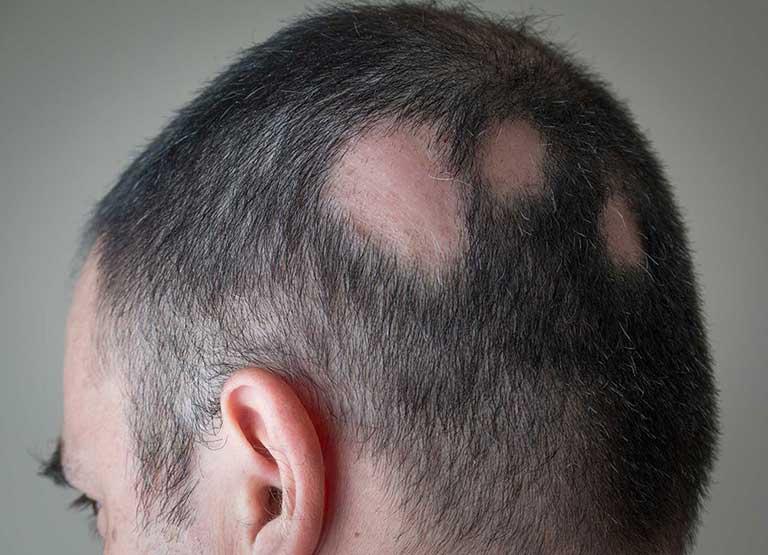Alopecia Areata Treatment - Dubai
Alopecia areata is an autoimmune condition that causes hair loss, typically in patches on the scalp, but it can also affect other areas of the body. Although there is no known cure for alopecia areata, there are several treatment options available to manage the condition and promote hair regrowth. It's important to note that the effectiveness of these treatments can vary from person to person, and some individuals may experience spontaneous regrowth without any treatment.
Here are some common treatment approaches for alopecia areata:
- 1. Corticosteroids: Topical corticosteroids are often prescribed as a first-line treatment. These medications are applied directly to the affected areas and can help suppress the immune response and reduce inflammation. In some cases, corticosteroid injections may be administered directly into the bald patches.
- 2. Minoxidil: This over-the-counter medication is commonly used to promote hair regrowth in androgenic alopecia (pattern baldness), but it may also be effective in some cases of alopecia areata. Minoxidil is applied topically to the scalp and needs to be used consistently for several months to see potential benefits.
- 3. Anthralin: Also known as dithranol, anthralin is a topical medication that alters the immune response in the affected area. It is typically used for short periods and then washed off due to its staining properties.
- 4. Topical immunotherapy: This treatment involves applying a contact sensitizer, such as diphenylcyclopropenone (DPCP) or squaric acid dibutylester (SADBE), to the scalp. It aims to induce an allergic reaction and stimulate hair regrowth.
- 5. JAK inhibitors: Janus kinase (JAK) inhibitors, such as tofacitinib or ruxolitinib, are oral medications that modulate the immune response. They have shown promise in treating moderate to severe cases of alopecia areata, but more research is needed to establish their long-term safety and efficacy.
- 6. Wigs or hairpieces: For individuals who experience extensive or long-term hair loss, wearing wigs or hairpieces can help improve their appearance and boost confidence.
It's important to consult with a dermatologist or a healthcare professional experienced in treating alopecia areata to determine the most appropriate treatment options based on your individual condition and medical history. They can provide a personalized treatment plan and monitor your progress over time.
